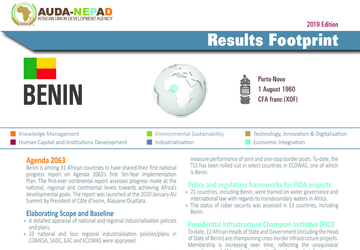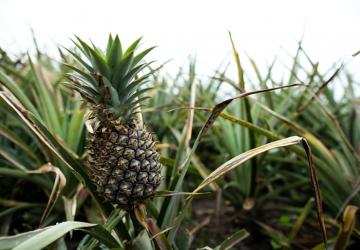 Benin
Benin
Official Name: Republic of Benin
Capital: Porto-Novo
Independence Day: 1 August 1960
Currency: CFA franc (XOF)
Key Result
Benin received 24USD million from the Global Agriculture and Food Security Programme for supporting food production and building resilience in the departments of Alibouri, Borgu and Collines to enhance food and nutrition security and improve the income of poor households.
365 women benefited from three regional projects through the establishment of women’s networks in the fisheries sector in West Africa. Government policies relating to water, sanitation and hygiene were examined to assess to what extent they embodied a gender perspective.
Support was provided on promoting decent rural youth employment and entrepreneurship in agriculture and agri-business.
85 Million hectares of land on the continent have been committed for restoration through the application of the restoration opportunities assessment methodology by 2030. To-date, Benin has committed 0.5 million hectares. The continental target is to restore 100 Million hectares.
Built capacity for the inclusion of Agriculture Technical Vocational Education Training (ATVET) in the National Qualification Framework. Based on the economic analysis of two value chains, rice and meat (poultry, pork and goat meat) were selected in the development of an ATVET curricular. The Competency Based approach Training (CBT) in three agriculture training centres.
Capacities were also enhanced in agricultural skills and entrepreneurial and commercial knowledge for trainers, youth and women in selected agricultural training centres in three countries including Benin (over 3 000, with women constituting about 30 per cent).
Measured the cost of hunger for Benin estimated at USD8.4 million to catalyse coordinated action and inform the design of nutrition-oriented policy frameworks and programmes, with greater investments to eradicate child under-nutrition.
Benin will benefit from the Gas-West African Power Pool -Domunli Regional Power Project, which involves the construction of a 450 megawatt combined cycle thermal power plant.
Related
Projects
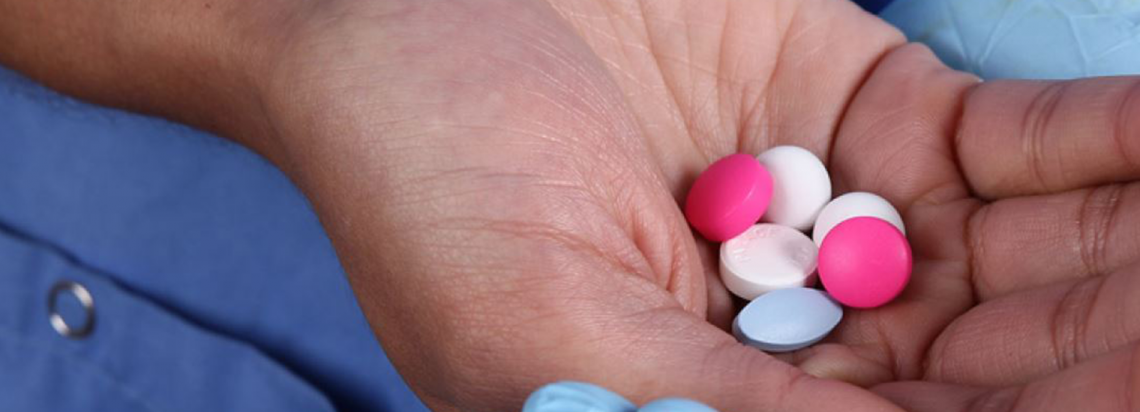
A critical AU Model Law aimed at harmonising medical products regulatory systems in Africa was endorsed by African Heads of State and Government at the January AU Summit 2016 in Addis Ababa, Ethiopia. The model law will accelerate the regulation of safe, quality and affordable medical products and technologies in Benin.
The West Africa Medicines Regulatory Harmonization (MRH) programme was launched in 2015 in Accra, Ghana. Benin participated in the establishment of the joint MRH Project Steering Committee and formation of 7 Technical Working Groups (TWG’s). The TWG’s are tasked with developing technical guidelines of the MRH programme. In addition, a joint framework of collaboration between WAHO and WAEMU has been agreed upon.

CAADP Compact: Benin signed the CAADP Compact on 15 – 16 October 2009.
Capacity Building: Technical experts were deployed to Benin from 19 - 25 September 2010 to undertake independent technical reviews of its National Agricultural Investment Plan (NAIP). Benin is currently implementing its NAIP.
Demand-driven, modular, short-term pilot measures for agricultural training (along selected value chains) were offered by public and private agricultural training institutions for 200 young ‘agripreneurs’ of which 120 were women. Capacities were also enhanced in agricultural skills and entepreneurial and commercial knowledge for trainers, youth and women in selected agricultural training centres in Benin, Burkina Faso and Togo (over 3 000, with women constituting about 30 per cent).
Business: NEPAD facilitated Benin’s first Business Meeting to review progress made in agriculture investment on 6 – 7 June 2011.
Funding: Benin received funding from the Global Agriculture and Food Security Programme (GAFSP) to a tune of USD 24 million.
Results:
- Budget allocation to agriculture increased to 11,71 per cent in 2015, just above the CAADP recommended 10 per cent;
- There was record food production in 2009-2010 as a result of more farmers growing cereals because of the distribution of free seed and fertilizer. The downside was a reduction in cotton production;
- In 2011, as part of the PSRSA, action was undertaken to promote six sectors (maize, rice, pineapple, market gardens, poultry, and fish/shrimps) whose value chains had been defined through consultations with all stakeholders;
- Implementation of the PSRSA has borne a number of positive results, of which mechanisation is of one them. Agricultural mechanisation has seen Beninese farmers sow huge cultivable areas. The government has acquired and made available to producers a consignment of agricultural equipment, consisting of 450 tractors, coupled with the necessary equipment and accessories;
- In the period 2014-2015, there were small increases in the production of maize, legumes, root and tuber crops and vegetables. Industrial crops saw an increase of 12, 88 per cent. Cereal production however decreased by 7,65 per cent due to drought and flooding in different regions of the country;
- In 2010, the government indicated that economic policy would be directed at grassroots and regional development. Actions to achieve this goal include improving basic infrastructure, construction of factories to build agricultural machinery, irrigation development, modernising cotton ginning factories and small-scale food processing, as well as sustainable land management.
Click here for more information...


Project : TAH programme
Description : This is phase I of the continental connectivity programme that focuses on completion and standardisation of the TAH missing links by 2030
Project : Single African Sky phase 1 (design and initial implementation)
Description : Single African Sky is a continental programme that will create a high-level, satellite-based air navigation system for the African continent
Project : Yamoussoukro Decision implementation
Description : Accelerate Yamoussoukro Decision implementation by identifying countries that are ready to fully implement it, and discussing and agreeing with both their governments and airlines to launch the voluntary club on a full membership basis;
Project : Abidjan-Lagos Coastal Corridor (DFS)
Description : This programme would modernise the most heavily travelled ARTIN corridor in West Africa (trade facilitation, OSBPs, capacity enhancement and implementation of PPP)
Project : West Africa Hub Port and Rail Programme
Description : This programme aims at responding to the future capacity problems in West African ports. This programme has two components : (a) a regional hub port and rail linkage master plan and (b) port expansion
Project : Lullemeden Aquifer System
Description : Prefeasibility studies for improved use of the aquifer system
Project : ICT Enabling Environment
Description : This programme would improve the environment for the private sectors to invest in high-speed broadband infrastructure
Project : ICT Terrestrial for Connectivity
Description : This programme has two main components : secure each country connection by at least two broadband infrastructure and ensure the access to submarine cable to all landlocked countries
Project : Internet Exchange Point (IXP) programme
Description : The aim of this programme is to provide Africa with adequate internet node exchange to maximise internal traffic

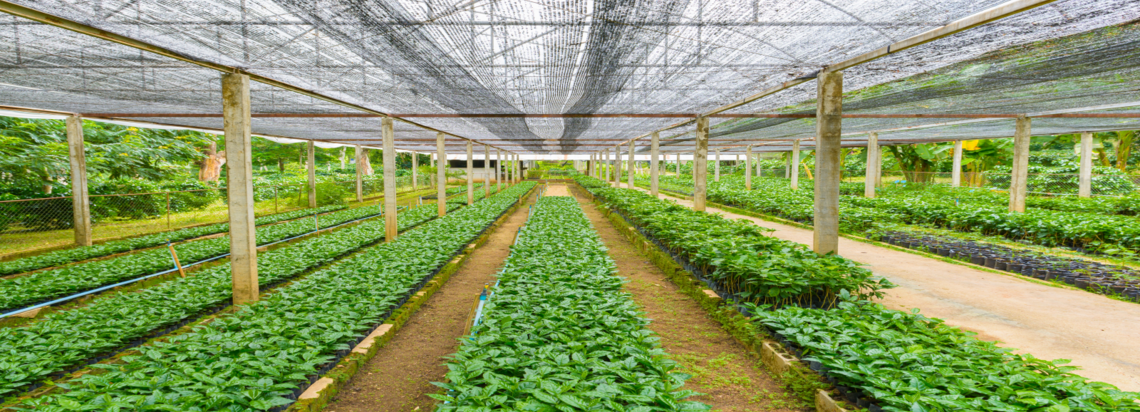

Project Name:
Réseau sur les Politiques de Pêche en Afrique de l’Ouest (REPAO). - Agriculture and Agro-processing
Results:
•9 656 women supported to access clean water and sanitation
•359 291 women capacitated through CSO and grassroots organizations including 92 Local authorities and state government in the six geopolitical zone of Nigeria. Namibia 13 Council has implemented Action Plan for Gender Aware Service Delivery and 384 Parliamentarian in the region of Tigray, Amhara and Somalia facilitated research support from 250 graduated students for Gender Aware Parliamentarian Oversight.
•74 435 women empowered economic and financial terms: Income generation skills; Deployment of technical assistance to boost agriculture production for both consumption and commercial purposes; Accessing agricultural extension services; Promotion of gender inclusiveness in decision making; Creation of enabling environment to access land; Land tenure and legalization of land title for women; Youth job creation; SME management; Informal and Regional Trade development.
•25 438 women support through institutional based capacity building.
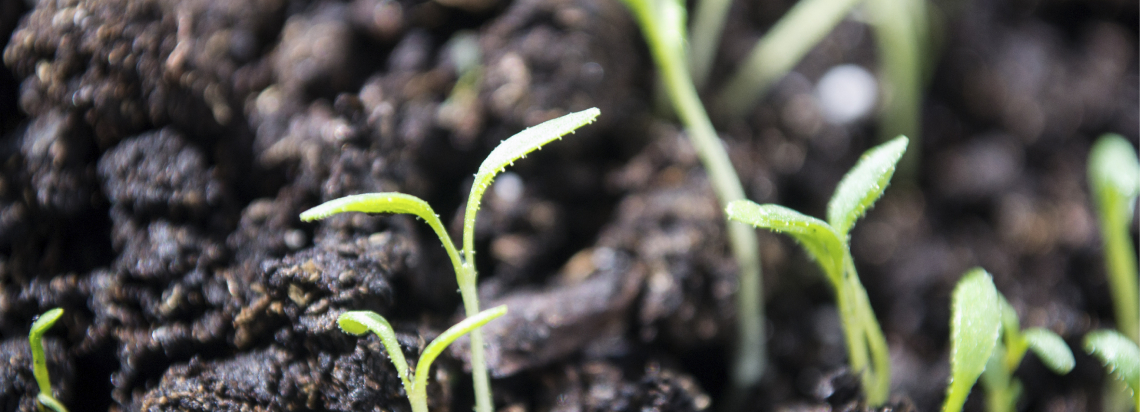
Training and Capacity building of rural women in terms of adaptation strategies to climate change

Engagement of Benin on the project commenced in 2013. With financial support from SIDA, a number of activities have been carried out – including holding an in-country training workshop with 26 officials. The training was co-organised by NEPAD staff and AOSTI (from Equatorial Guinea). The country has also collected and processed data for the 3rd African Innovation Outlook report (AIO-2017)
Contact: Mr. Joslyn Kouton (dnrst2011@gmail.com), Direction Nationale de la Recherche Scientifique et Technique (DNRST).
Website : http://www.cnrst.org

Advocacy and Strengthening of Negotiation Capacities on Post-2015 Development Agenda through the Common African Position (CAP)
Programme for Enhancing Use of Country Results Frameworks
Effective Development Cooperation (GPEDC) Planning Meeting. The two-year programme takes place in three regions: Africa, Asia and Latin America under the umbrella of the Global Partnership Initiative on Results & Mutual Accountability (GPI-R&MA), co-chaired by Switzerland and Bangladesh. For Africa, under the auspices of the Africa Platform for Development Effectiveness (APDev), the NEPAD Agency is the regional coordinator of the initiative, and brought together seven (7) pilot African countries for experience sharing and learning towards the enhanced use of CRFs for impact of development cooperation. Further, the initiative assisted the pilot countries with practical recommendations on how to integrate accountability for results at the country level into SDGs implementation.

Project : Gas – West African Power Pool: Domunli Regional Power Project
Countries/Region : Ghana, Benin, Togo, Nigeria | West Africa
Project Location : Located in the Western Region of Ghana, near the Ghana Gas processing plant facility
Sector/Subsector : Energy/Generation
Project Description : Construction of a 450 MW combined cycle thermal power plant, which seeks to make use of the Jubilee gas fields. This is a Government of Ghana/Volta River Authority (VRA) (Ghana’s national utility for generation and supply) sponsored project located in Domunli in the western region of Ghana.
Project : Gas – West African Power Pool: Maria Gleta Regional Power Project
Countries/Region : Ghana, Benin, Togo, Nigeria | West Africa
Project Location : Near the border between Porto Novo and Cotonou cities, Benin
Sector/Subsector : Energy/Generation/Transmission
Project Description : Construction of a 450 MW combined cycle power plant: one is set to comprise two gas turbines with a rated output of about 150 MW each, and the other a steam turbine with a rated output of about 150 MW, bringing the total output to 450 MW.

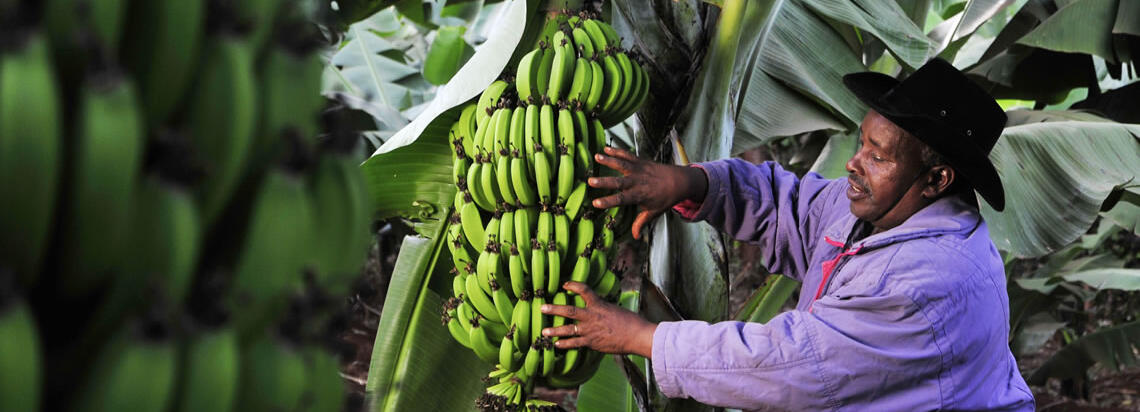
- Grow Africa is prioritising the pineapple value chain in Benin. In September 2017, Grow Africa and the inter-professional Association of Pineapple of Benin launched the country’s first inclusive pineapple multi-stakeholder platform.
- Grow Africa also continues to formalise and strengthen the agribusiness representative body that it has initiated to work to improve the business environment for agriculture.

The Sahel and West Africa Program (SAWAP), whose aim is to address land degradation and desertification, boost food security and support communities to adapt to climate change, also provided support to the Benin Forests and Adjacent Lands Management Project. Total financial support received amounts to $7.56M.
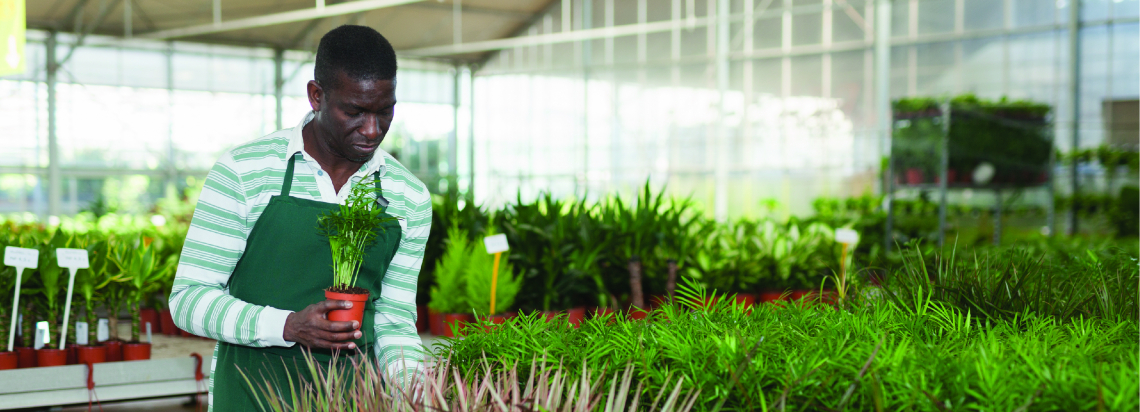
Although a general national policy of TVET existed in the Ministry of Labour and Public Employment, agriculture was not initially recognised and prioritized. After a review process, agriculture education was then included in the National Qualification Framework.
Based on economic analyses and availability of employment opportunities, two value chains comprising of rice and meat (poultry, pork and goat meat), were selected in the development of ATVET curricular in Benin. Teaching staff from three training institutions, consisting of two in the South of Benin and one in the North received competency-based training and corresponding occupational standards in the two value chains. Three market-oriented vocational training standards curricular were designed for initial formal and in-service training. Ten qualification measures and eight entrepreneurial skills were offered. In 2015, 61 students (18 females) were trained.
The National Regulatory Institution, Ministries of Education and Agriculture, other training institutions, private sector and practitioners from the various segments of the value chain were involved in implementing ATVET. Pilot short-term trainings and long-term trainings consisting of three semesters have been initiated and are scheduled to continue in 2016.

"At the beginning of 2014, 37 of the 42 opted-in African countries have completed a rapid assessment / gap analysis. The next step for countries is to develop a SE4LL Action Agenda and Investment Prospectus(es). To support this process, the SE4ALL Africa Hub partners have led the development of Africa Guidelines for SE4ALL national Action Agendas. The Africa Guidelines lay out principles and process for developing Action Agendas and put forward a balanced approach of centralized and decentralized solutions to achieve universal access to energy services.
Progress in Benin:
SE4All Action Agenda under development"
you agree to the AUDA-NEPAD Privacy Policy.


